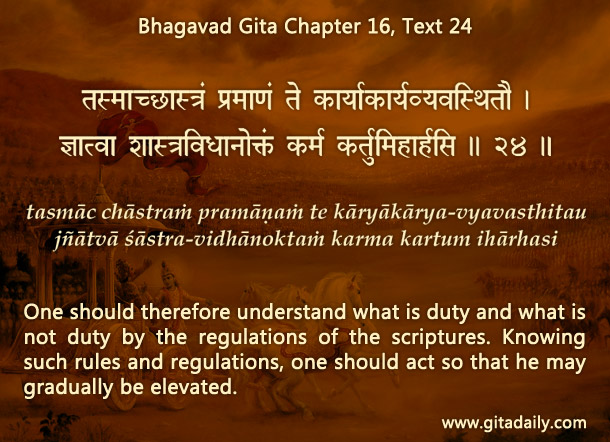Conscience is the inner voice that guides us to do right things and avoid wrong things. Many thoughtful people make decisions guided by their conscience, treating it like their inner compass.
However, our conscience may be like a compass that deviates from the true north because of interfering magnetic fields. Our conscience is often a product of our conditions and conditionings. So, it doesn’t always reflect reality. For example, jihadis heartlessly kill thousands, claiming that their conscience tells them such killing of infidels is God’s will.
Our conscience may deviate because of our conditionings. These may come from our past life that has shaped our basic mental framework. Thus, all consciences are not born equal – that is, not everyone’s conscience is equally reliable. And our consciences are shaped by our circumstances such as our upbringing and culture. So, all consciences are not bred equal. The Bhagavad-gita (14.05) states that all souls are bound by the three modes. The illusion fostered by the modes can affect not just our mind and intelligence, but even our conscience.
So, our compass needs to be not just relied on – it also needs to be purified.
Otherwise, we may act according to our conscience, yet we may end up acting unwisely.
Pertinently, the Gita (16.24) stresses that we need to base our actions on scripture (16.24), deciding thereby what to do and what to not do.
By such scripturally-guided action and by especially the foremost scriptural injunction to practice bhakti-yoga (18.66), we become purified, being connected with the all-pure supreme reality, Krishna. Thus, our conscience becomes freed from various distorting influences and starts naturally pointing towards the true north. The more we become connected with Krishna, the more we become receptive to his guidance.
Thus, conscience connected with transcendence offers us reliable guidance.
To know more about this verse, please click on the image
Explanation of article:
Podcast:


CONSCIENCE is a born inxtinct